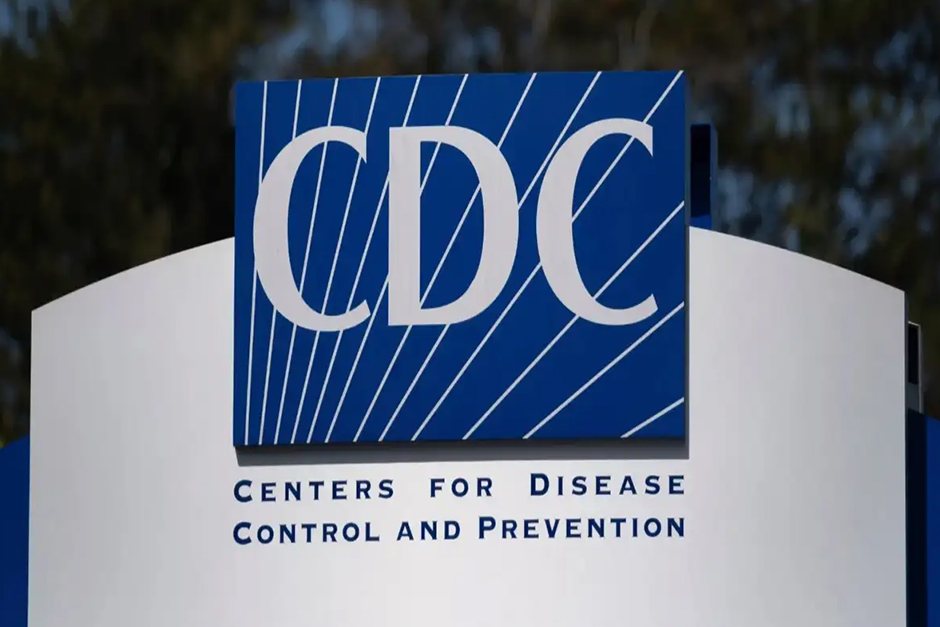The Centers for Disease Control and Prevention (CDC), a cornerstone of global public health, recently found itself at the centre of renewed debate following an “update” regarding the long-debunked link between vaccines and autism. While the CDC’s stance has remained consistent with overwhelming scientific consensus – that vaccines do not cause autism – any mention of the topic can reignite passionate discussions. This latest development, often a nuanced clarification, has paradoxically sparked strong pushback from certain quarters, leading to concerns among medical doctors and public health experts, not just in the West but also resonating within the Indian public health discourse.
The Enduring Consensus: CDC’s Stance on Vaccines and Autism
For decades, the scientific community has robustly investigated the hypothesis of a link between childhood vaccinations and autism spectrum disorder (ASD). Study after study, involving millions of children across multiple continents, has consistently concluded that there is no causal relationship. The CDC’s position, aligned with leading global health organisations like the World Health Organisation (WHO) and India’s own Indian Council of Medical Research (ICMR), reflects this undeniable body of evidence. The “update” in question often refers to the CDC’s ongoing communication efforts to clearly articulate its findings, address public concerns, and disseminate accurate information about vaccine safety. These updates typically reinforce the safety and efficacy of recommended immunisation schedules, crucial for preventing infectious diseases that once ravaged children worldwide. From MMR (Measles, Mumps, Rubella) to DPT (Diphtheria, Pertussis, Tetanus), these vaccines have been meticulously studied and proven safe.
The Spark of Pushback: Dissenting Voices and Expert Concerns
Despite the scientific consensus, the conversation around vaccines and autism remains fraught for some. The “pushback” reported typically originates from a spectrum of groups: some parents genuinely concerned about their children’s health, individuals who distrust large institutions, and a vocal minority of doctors and self-proclaimed experts who promote alternative theories often lacking empirical support. These dissenting voices frequently misinterpret scientific data, cite debunked studies, or amplify anecdotal accounts, creating a fertile ground for misinformation. The CDC’s recent ‘update’, even if intended to clarify, has been seized upon by these groups to reignite the debate, suggesting ambiguities where none exist.
This renewed pushback is a significant concern for established medical and scientific bodies. Experts worry that such controversies erode public trust in vaccines, potentially leading to lower vaccination rates and a resurgence of preventable diseases. “When established scientific facts are constantly challenged by unsubstantiated claims, it puts public health at risk,” states Dr. Priya Sharma, a leading paediatrician and public health advocate based in Delhi. “The vaccines we administer are among the safest and most effective medical interventions available, safeguarding our children from devastating illnesses. Spreading misinformation about them, particularly concerning autism, which has complex genetic and environmental origins, is incredibly harmful.” The medical community’s pushback, therefore, is not against valid scientific inquiry, but against the perpetuation of discredited theories that endanger community health.
Resonating in India: Safeguarding Public Health Amid Global Debates
India, with its vast population and ambitious immunisation programmes, is not immune to the ripple effects of global vaccine debates. While vaccine hesitancy in India often stems from factors like accessibility, cultural beliefs, or specific local campaigns, the narratives originating from international platforms like the CDC and the subsequent pushback can still find traction. Misinformation, especially in the age of social media, transcends geographical boundaries rapidly. Indian health authorities, including the Ministry of Health and Family Welfare and bodies like the Indian Academy of Pediatrics (IAP), consistently advocate for evidence-based healthcare and promote the national immunisation schedule. They work tirelessly to counteract myths and ensure that parents have access to accurate information.
Addressing parental anxieties without validating unscientific claims is a key challenge for Indian healthcare professionals. Educating communities, especially in rural and semi-urban areas, about vaccine safety and efficacy is a continuous process. The debate around autism and vaccines, though scientifically settled, serves as a stark reminder of the persistent need for clear, consistent, and trustworthy communication from public health leaders. It underscores the necessity for medical professionals to remain vigilant against misinformation and continually reassure parents of timely vaccination’s paramount importance for child and national well-being.
The recent furore surrounding the CDC’s autism-vaccine update underscores a critical challenge in modern public health: navigating complex scientific consensus in an era of widespread misinformation. While the scientific community firmly stands by the safety of vaccines and the absence of any link to autism, the vocal pushback from certain groups demands careful attention. For India, a nation deeply invested in its Universal Immunisation Programme, upholding public trust in vaccines is paramount. It reinforces the critical role of medical experts and public health bodies in consistently communicating scientific truths, debunking myths, and ensuring that life-saving vaccination efforts continue unhindered, protecting generations of children from preventable diseases.




